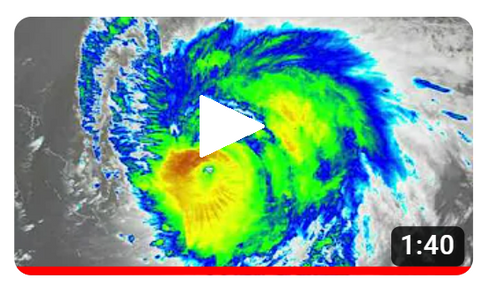Welcome to our personalized service where we dive into the fascinating world of ocean acidification and the importance of publicly available data. As a broker in this field, you play a crucial role in bridging the gap between scientists, governments, and end-users, facilitating informed choices about national mitigation, adaptation, and preparedness strategies.
Ocean acidification is gaining increasing recognition within national and international policy frameworks, such as national ocean action plans, the 2030 Agenda, and the UNFCC. The scientific community has amassed an overwhelming body of evidence documenting the potential significant impacts of ocean acidification on marine species and ecosystems. This phenomenon is primarily driven by the increase in atmospheric CO2 resulting from fossil fuel burning, affecting the open ocean. In the coastal zone, biological, near-shore, and land-based processes like river run-off, stratification, and tides also contribute to the variability in pCO2 and pH.

To fully comprehend the complex relationship between chemical and biological changes associated with ocean acidification, it is crucial to consider factors such as adaptation to local chemical variability, evolutionary processes, ecological interactions, and the role of other environmental drivers or stressors. Unfortunately, current projections often rely on proxy variables and simplistic thresholds, which limit our ability to accurately assess the status and trends of biodiversity and ecosystem services. Global, regional, and local impacts on biology and ecology, whether gradual or stepwise, remain unresolved.
Experimental work in this field tends to oversimplify processes by focusing on single species and stressors, short-term responses, and static conditions that do not incorporate natural variability. Moreover, ocean observing efforts often concentrate on physical and biogeochemical parameters, neglecting biology and ecosystem dynamics. Integration of experimental work, in situ observations, and modeling efforts is crucial to advance our understanding of ocean acidification.
Recognizing the need to address these gaps, the UN Decade program "Ocean Acidification Research for Sustainability" (OARS) aims to provide a roadmap for comprehensive research in this field. Our organization, TreeVine Life, in partnership with stations like Zonasur.Online, is actively developing data and media services focused on ocean acidification changes, social economic changes, and other phenomena subject to data acquisition. We strive to evaluate how ocean acidification and other critical issues impact local resources and ecosystem services.
| Through our services, we aim to raise awareness about the importance of real-time data and information acquisition. Whether you're an information provider or consumer, we encourage you to reach out to us directly. Our extensive network is tailored to meet your specific information broadcasting needs. | 
|
Join us in our mission to protect and conserve biodiversity in the face of global changes. Together, we can foster broader, more diverse, inclusive, and interdisciplinary collaboration, co-designing science and action to tackle the challenges of ocean acidification. Let's make a positive impact on our oceans and the future of our planet.

